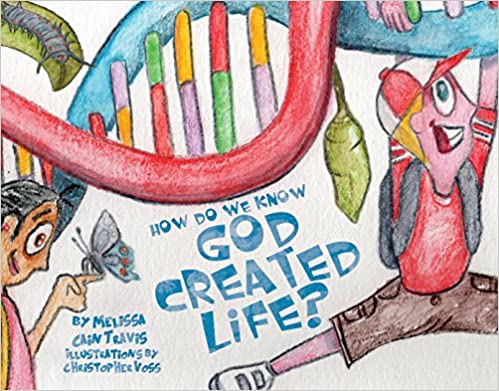
Melissa Cain Travis earned a PhD in Humanities with a philosophy concentration from Faulkner University, an MA in Science and Religion from Biola University, and a BS in Biology from Campbell University. She is the author of Thinking God’s Thoughts: Johannes Kepler and the Miracle of Cosmic Comprehensibility (2022), Science and the Mind of the Maker: What the Conversation Between Faith and Science Reveals About God (2018), and a contributor to The Story of the Cosmos: How the Heavens Declare the Glory of God (2019). In addition to teaching graduate courses for Colorado Christian University's Lee Strobel Center, she serves on the Executive Council of the Evangelical Philosophical Society and as President of the Society for Women of Letters. She is part of the core writers team for The Worldview Bulletin and the Christian Research Journal, and regularly lectures at universities, seminaries, and churches around the country.
Archives

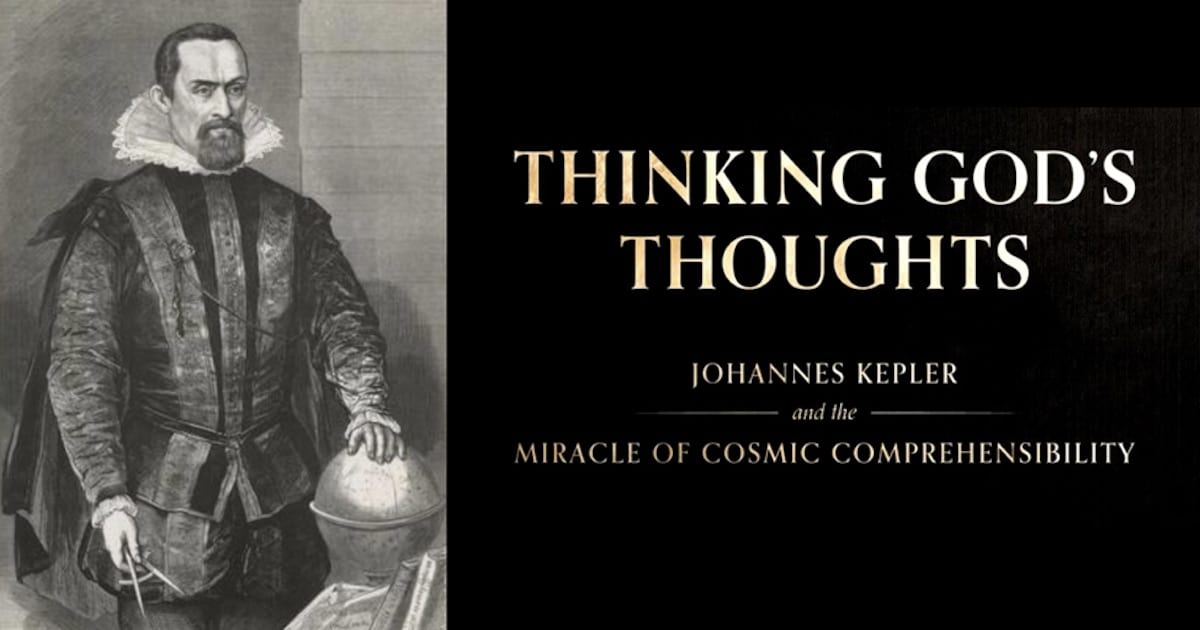
In Dallas, Learn About Uncanny Synchronicity Behind the Comprehensibility of the Cosmos

Uncovering the Hidden Mathematical Structure of the Universe

Kepler’s Pursuit of a Mathematical Cosmology

Thinking God’s Thoughts: Kepler and Cosmic Comprehensibility
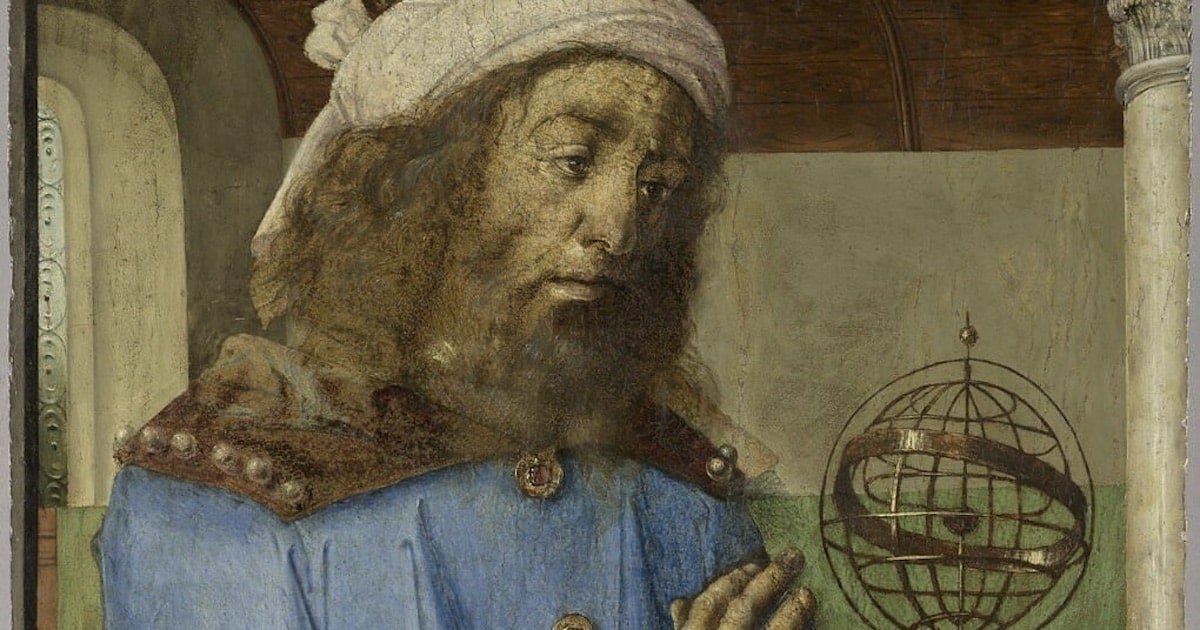
Let’s Explore How Cosmology Influenced Christianity
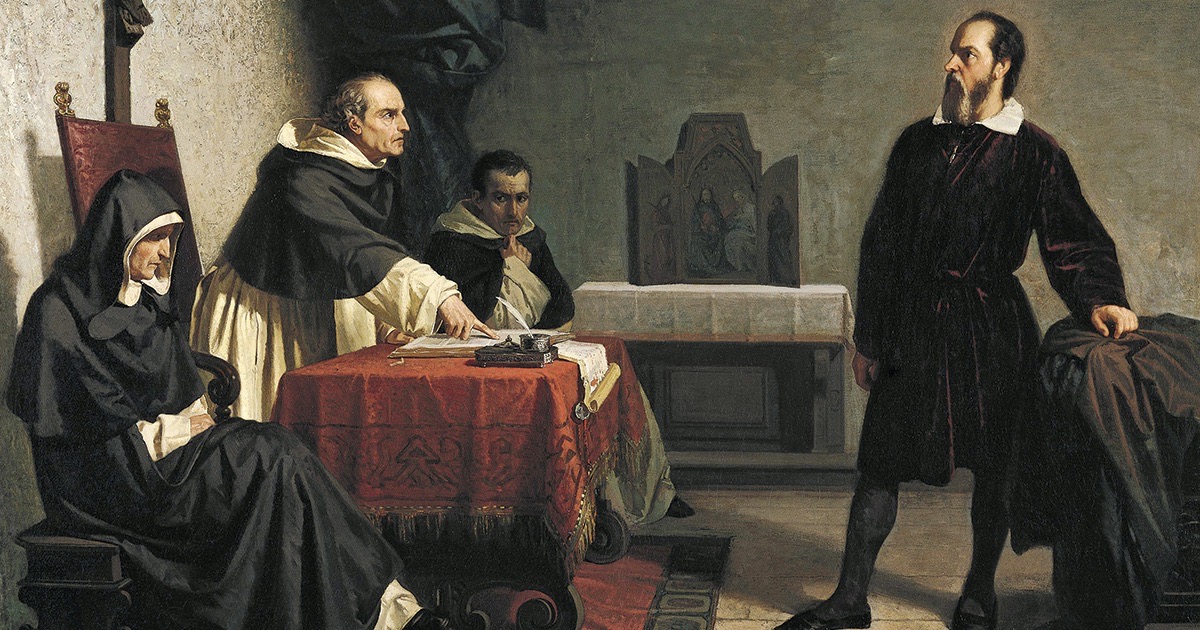
Coming Soon to DiscoveryU: Live Courses on Science and Christianity

Johannes Kepler on the Holy Work of Astronomy
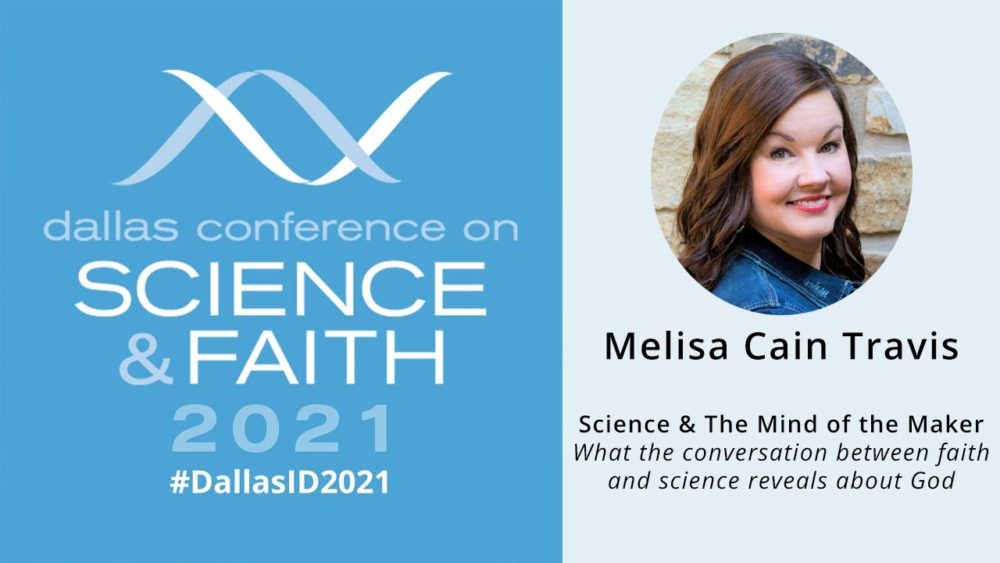
Melissa Cain Travis on Science and the Mind of the Maker

Melissa Cain Travis Previews Reasons 2019: New Conversations on Science and Faith

Melissa Cain Travis Talks Science and the Mind of the Maker
